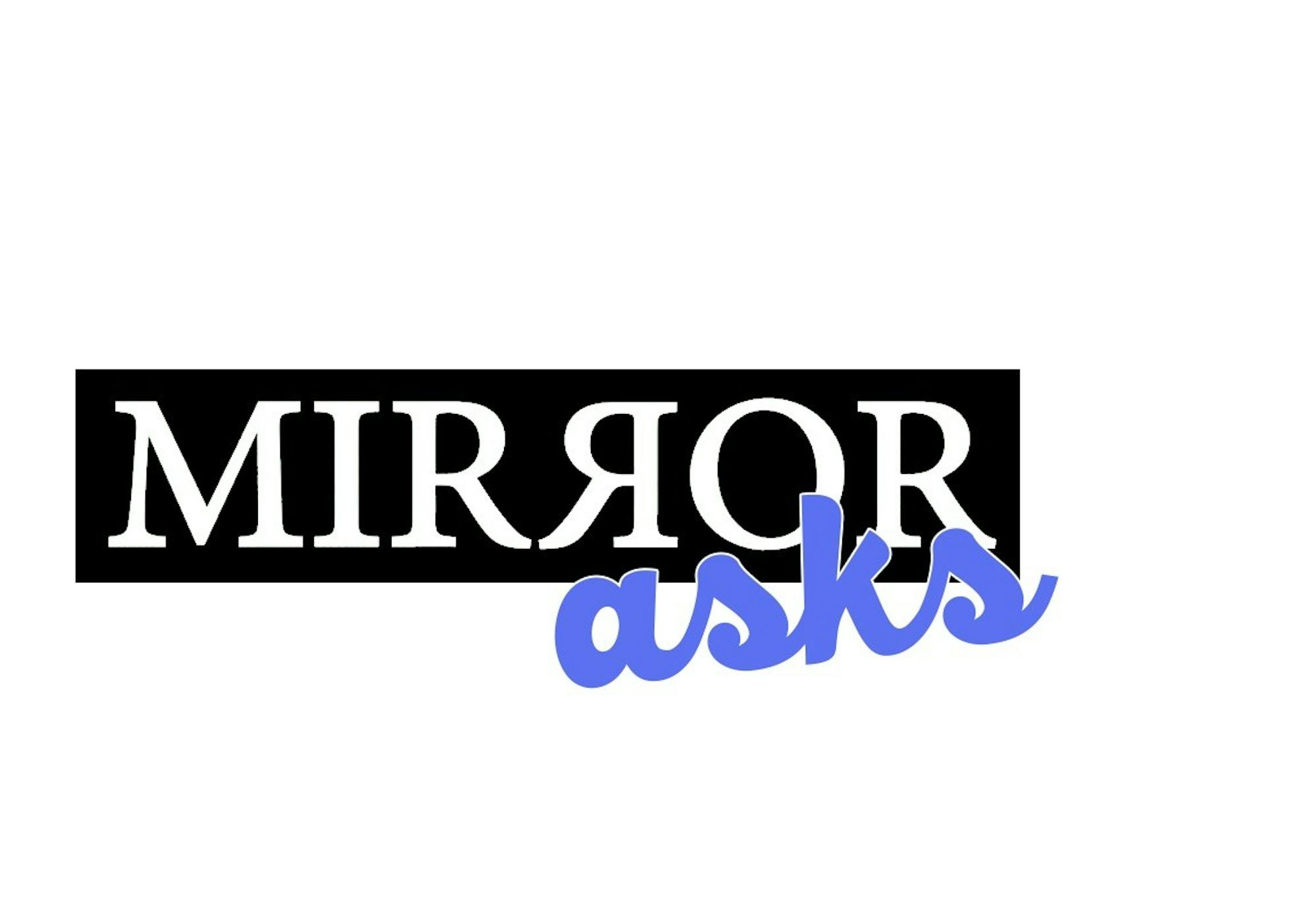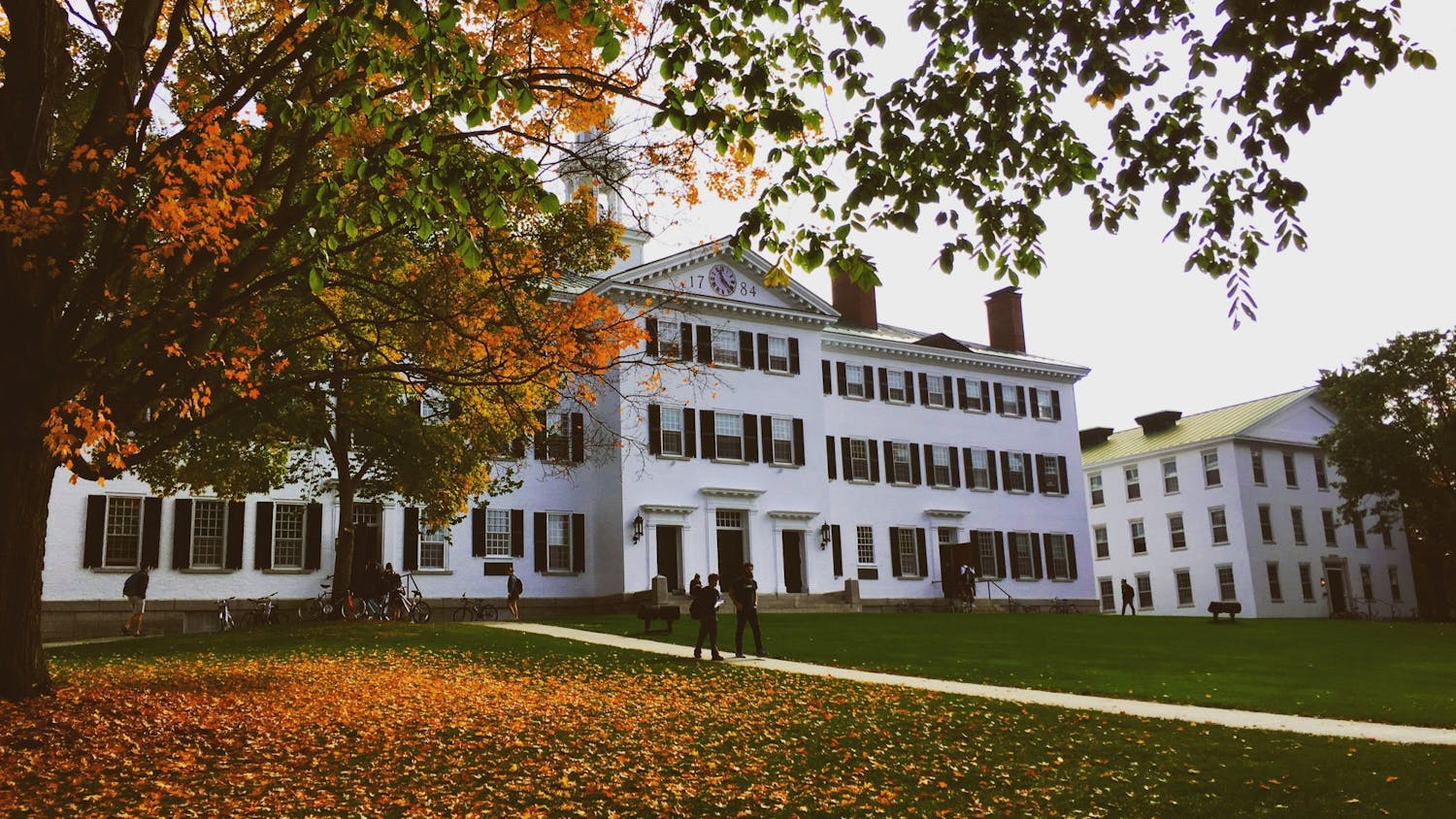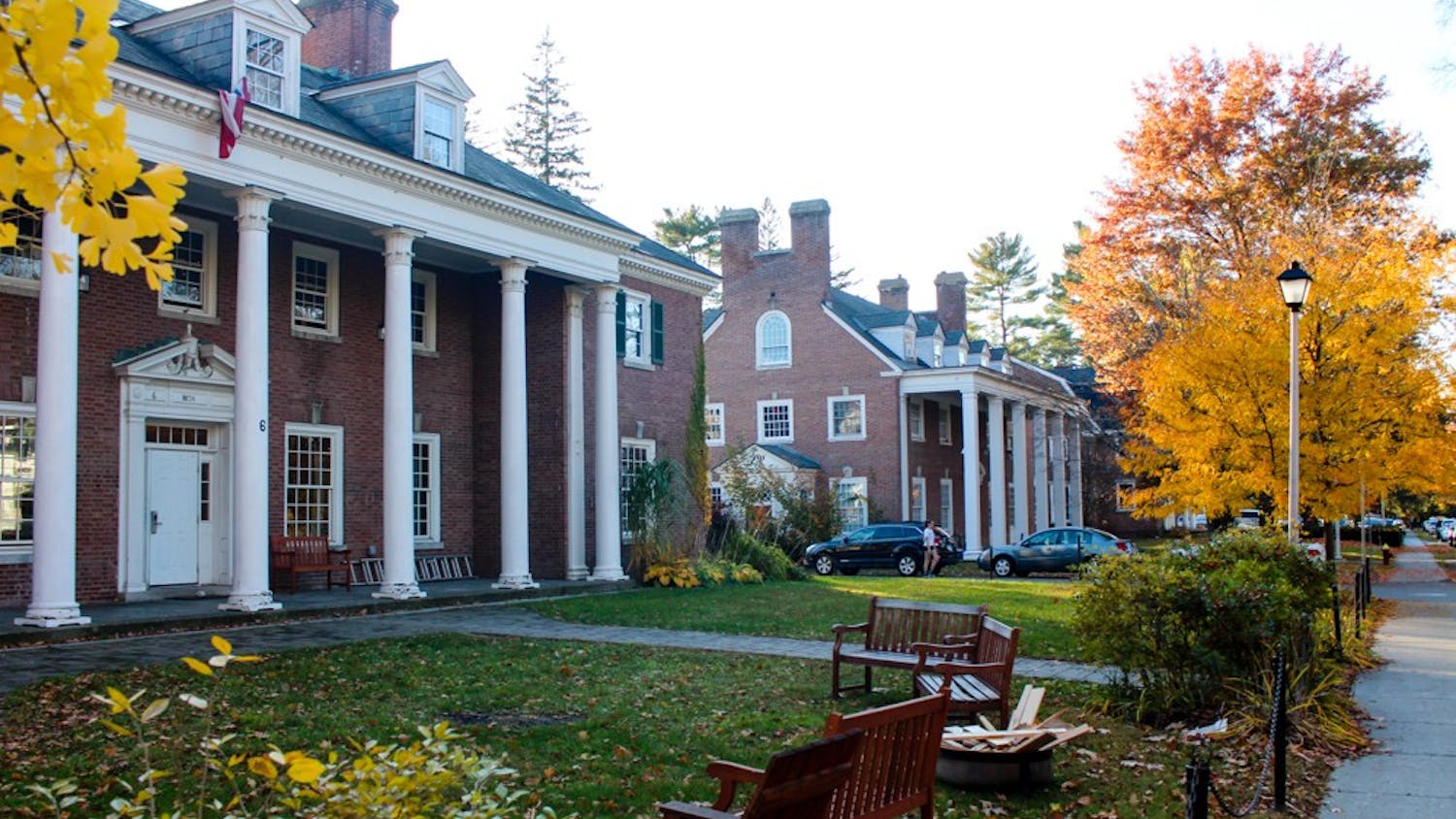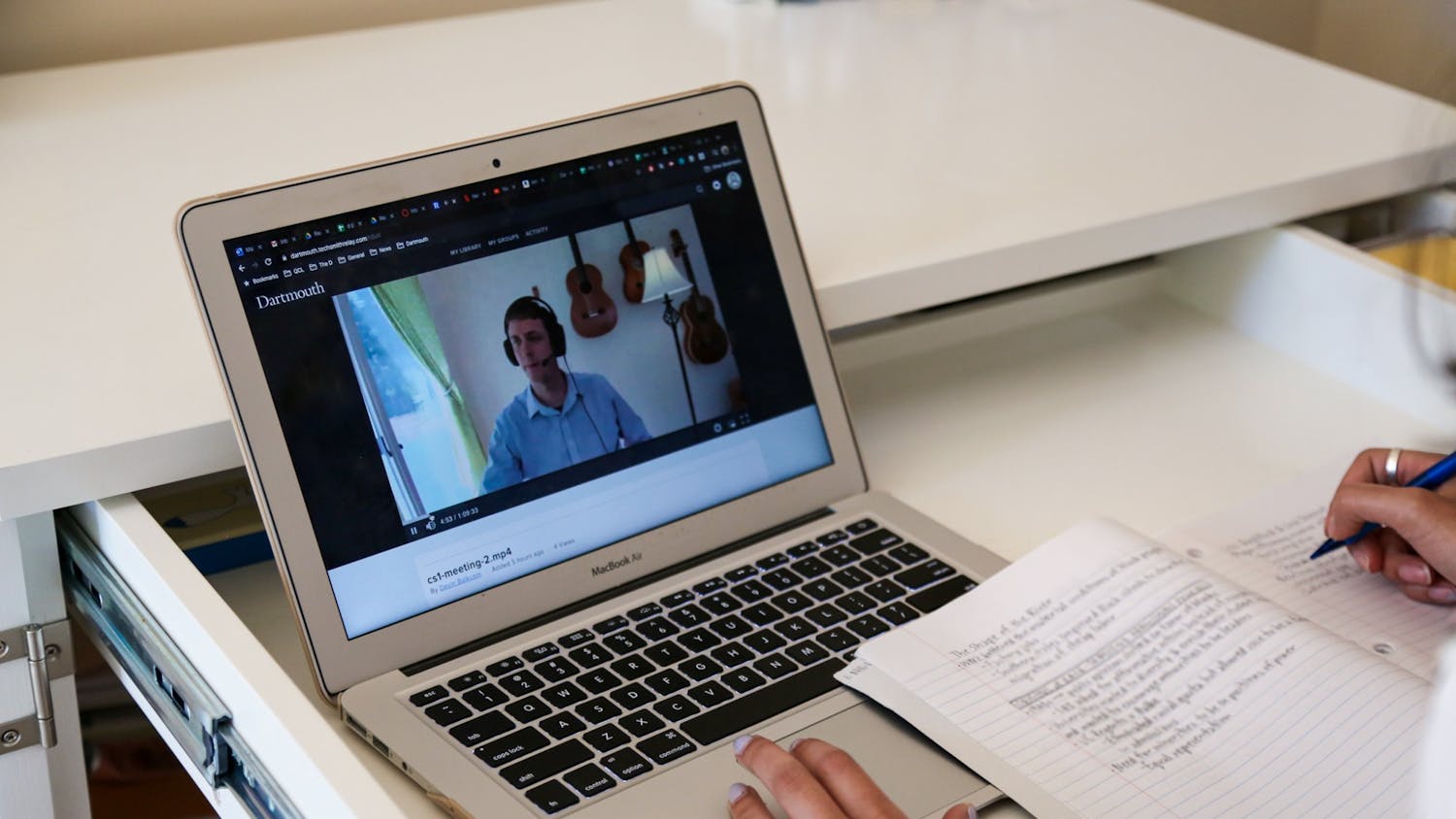It has been over a year of remote learning and as more members of the Dartmouth community receive vaccinations, there is an air of hope following the College’s announcement of an expected return to in-person classes for fall 2021. Though there have been many discussions around what the loss of in-person classes has meant for students — academically, socially, emotionally — less attention has been paid to what the change has meant for professors.
Many professors have been teaching the same set of courses for years and have fallen into routines, knowing how to pace their lectures throughout the ten-week term. Others are teaching new courses for the first time this year. Regardless of a professor’s past experiences, the move to Zoom University has represented a seismic change in the way that lessons are delivered, tests are administered and students are engaged.
The following piece is a compilation of brief anecdotes from professors in a wide range of departments that serve to shed light on how the COVID-19 pandemic has affected them and the way that they teach. A special thank you to all of the professors who submitted a response!
Do you feel like your classroom dynamic has changed in the transition to Zoom class? How?
Nicholas Van Kley (Writing): Students still seem to speak freely in smaller groups (3-5), but conversations in medium-sized groups (8-20) are much harder to sustain than when they were face-to-face. I'm talking more during class than I used to overall, and while student voices are present, they're less central to the class session. Students are talking directly to each other much less often during class discussion as well. We're all missing that natural, beneficial surveillance that we provide each other when our work stations are visible to everyone.
Richard Howarth (Environmental Studies): This year, I taught two synchronous lecture courses with weekly synchronous sessions. We lost the often very interesting discussions that take place during in-person lectures. But the weekly synchronous sessions made up for that, to some extent.
Steven Peterson (Engineering): Yes. Presentations became more "transmit" and less "interactive" than I would have liked.
Theresa Ong (Environmental Science): Yes, definitely, everything is different! It's hard to get students engaged in the virtual environment, but in some ways, there are new developments, like the ability to review recorded sessions and make use of useful virtual platforms with ease.
Brad Duchaine (Psychological and Brain Sciences): I taught PSYC 1, “Introductory Psychology” twice over Zoom, and because there are so many students spread across the world, I recorded my lectures. That of course means that students can't ask questions about material they aren't understanding. I also find it harder to convey my enthusiasm for the material when I'm giving a lecture in my dining room to my laptop.
What do you miss the most about in-person classes?
NVK: Lively, student-to-student conversations during discussion and the informal chats that form naturally in the few minutes before and after a face-to-face class session.
RH: Dartmouth's model revolves heavily around close-knit personal interactions, both in and outside of the classroom. Zoom meetings covered that to some extent, but only partially.
SP: The ease of working directly with small groups on hands-on activities.
TO: I miss chatting informally with students and giving people space to form meaningful peer-peer connections.
BD: I most miss the connection with the students that comes from in-person classes.
Have you encountered any awkward moments while teaching on Zoom?
NVK: Once in the fall term, going into a mid-session break, my email pinged at me. The email preview was enough to show me it was a frustrating message. I kept my cool long enough to wrap up that section of class and get us set for break, but the moment I turned off my camera, I said, with considerable force, “FUCK.” I had not turned off my mic.
RH: It took some real practice to get comfortable delivering a recorded lecture to a webcam.
SP: Initial technical challenges (getting recordings to work, camera placement). Students were super helpful in getting over these.
TO: Yes, when no one has their video on, it's a terrible feeling for the person who is speaking to an empty room! People need a face to talk to.
BD: Not that I can recall.
What is something that you hope to do on campus once classes are back in-person?
NVK: So many things. Informally chatting with my colleagues about their teaching and research is probably the thing I miss the most.
RH: I want to have real office hours and also spontaneous interactions with students and colleagues in the Environmental Studies space.
SP: Looking forward to working face-to-face with students on projects
TO: I want to take my students to the field! Get their hands dirty in the soils and experience the beauty of nature.
BD: My favorite aspect of in-person PSYC 1 is our two-stage exams in which students take the exam individually and then again in groups of four. Students in the groups of four are usually really engaged with the material during their discussions. They sometimes even high-five each other when they figure out a question and that puts a smile on my face.
What is your Zoom setup like? (Monitors, location etc.)
NVK: One large monitor; USB camera and USB mic. Kitchen dining space behind me. Dogs and partner frequently wandering into the part of the room not visible on my screen.
RH: I handle a lot of meetings just on my laptop here at home. But most of the teaching was done using my office computer, which has a better webcam and much more reliable internet access.
SP: HP workstation; 3 monitors; logitech camera. Multiple monitors make a huge difference!
TO: It varies. Sometimes I just have my laptop on my lap, but for classes I tend to use a monitor, laptop screen. I like to move around the house from class to class — it kind of confuses everyone!
BD: I usually used my dining room table for live meetings and lectures, and a chair/computer table setup in my living room for office hours. It was important to warn my eight-year-old daughter not to come charging into the room during a lecture.
Is there something that you will keep from remote teaching after we transition back to in-person classes?
NVK: I'll definitely offer video conferences for students who want those. I'll likely also employ some of the peer-group approaches that I've used to improve peer support and co-learning.
RH: I think remote teaching has changed the way I approach assignments and evaluations. There are advantages to having weekly low-stakes quizzes over one or two high-stakes exams. My guess is that all of us will continue to use Zoom now and then depending on the situation.
SP: Emphasis on emotional well-being.
TO: I would love to keep using some virtual platforms like Gather, my new favorite remote collaborative space.
BD: I’m not sure.
Most memorable Zoom moment?
NVK: Definitely the f-bomb story above, to my regret.
RH: I liked finishing up the final review session in ENVS 55 at the end of the winter term.
SP: We were able to pull off a poster symposium with international participants at the end of the course!
TO: Probably my partner trying to run into the room to tell me something during a meeting with a student!
BD: Colleagues visited PSYC 1 each week during our live meetings. I think the students got a lot out of those interviews, and the high point was a visit from psychology and cognitive science professor Paul Bloom from Yale University. Paul has a deep knowledge of all sorts of fascinating topics and is a great communicator, so it was exciting for the students.
Have you found any silver lining to teaching over Zoom?
NVK: Well, access, certainly. I know it reduces anxiety for some students to have greater control over their visibility and presentation. And I've certainly learned a lot about online teaching (which I suspect will be a part of the picture even for Dartmouth moving forward post-pandemic).
RH: Zoom is really good at facilitating breakout sessions. Also, asynchronous lectures seemed to work better than I was expecting.
SP: My TAs helped me to be a better instructor!
TO: Yes, I do love the comfort that a home work environment can give a person and the fact that it can connect people across the globe.
BD: It was easy to bring in visitors from outside Dartmouth. It was also nice to be able to record my lectures at a time of my choosing; that allowed me to give lectures when I was feeling sharp.
Responses were edited for clarity and concision.




